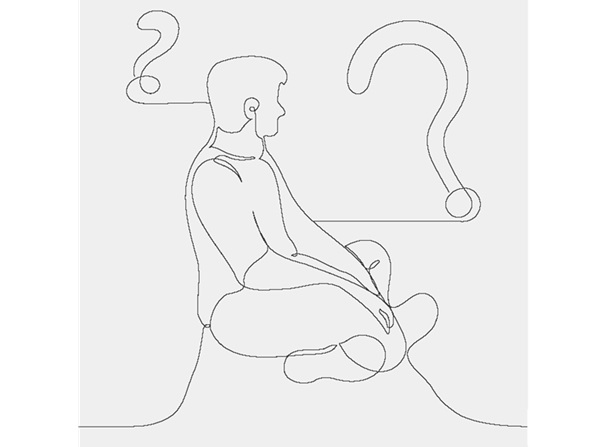 Credit: Fondation Cancer
Credit: Fondation Cancer
Ahead of World Cancer Day falling on Sunday 4 February in 2024, Fondation Cancer announced that around 3,000 new cases of cancer are discovered every year in Luxembourg.
Fondation Cancer, a Luxembourg non-profit organisation dedicated to preventing cancer, helping patients and supporting research, emphasised that receiving a cancer diagnosis is an overwhelming experience. Such a diagnosis is marked by uncertainties and medical and social questions. The Fondation Cancer stressed its dedication to supporting patients and their loved ones throughout this journey. On the occasion of World Cancer Day, the non-profit organisation published a new guide entitled I have cancer - what now?
Everyone reacts differently to a cancer diagnosis, with emotions such as shock, anxiety, anger or helplessness, Fondation Cancer added. It noted how crucial it is to accept these reactions as “normal and legitimate” responses. The Fondation Cancer encouraged those in this situation to have patience and kindness towards oneself and noted it offers emotional support through its psycho-social service.
The search for “why” and the question of “Why me?” is common after a diagnosis. Although understanding the causes can provide a sense of control, the Cancer Foundation emphasised that it is essential not to feel guilty. Cancer is multifactorial, and the search for culprits can hinder disease management.
Waiting for results and starting treatments is anxiety-inducing, but the non-profit stressed the fact that most cancer diagnoses do not require rushed action. The Fondation Cancer encouraged patients to continue their usual activities and to distract themselves as much as possible to better cope with this waiting period.
The new guide published by Fondation Cancer offers practical advice for medical visits, return to work and highlights the importance of open communication with the employer. It also addresses extraordinary leave for caregivers.
Moreover, the Fondation provides information on the cover of medical costs and treatments abroad, highlighting the steps necessary to obtain reimbursements.
Fondation Cancer noted that the guide encourages open communication about the diagnosis with loved ones and highlights the free services it offers, such as psychological consultations, cognitive rehabilitation, once-sexology consultation and many others. Cancer is not a disease that patients can go through alone, according to the Fondation, which encourages them to ask for and accept help.
The guide I have cancer - what now? is available online in French, offering practical and emotional support to people affected by cancer. It will soon also be available in German, Portuguese and English as well.








